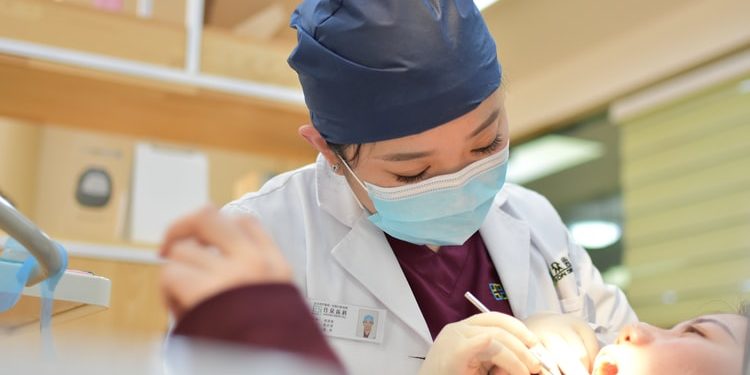Tooth decay or cavities start as a hole in your tooth that gets bigger if left untreated. Initially, they are painless, making them hard to detect. Finding out that you have a cavity might come as a surprise, especially if you think you have a great oral hygiene routine.
Signs You Might Have a Cavity
Many of the symptoms of having a cavity depend on the severity of the problem, but you should consider any and all of these a good reason to visit your dentist quickly.
– Tooth pain
– A visible hole in your tooth.
– Sensitivity to hot, cold, or sweet foods.
– Black or white stains on your teeth.
Plaque
Much of the time, these cavities are caused by a sticky substance that binds to teeth called plaque. Plaque is a combination of saliva, acid, bacteria, and remanent food particles. All of us have bacteria inside our mouths. After you eat sweets and sugary things, bacteria in your mouth begin to turn that sugar into acid. Plaque begins to form on the teeth soon after eating or drinking anything sugary. This is what makes regular brushing so important.
Plaque sticks to the teeth, and the acid in it slowly erodes tooth enamel. Enamel, which is the hard, protective coating on your teeth is what keeps your teeth from decay. When this enamel weakens, your risk for decay increases exponentially. Yet some people are more at risk than others when it comes to cavities.
You may be one of them if:
– You don’t get enough fluoride.
– You suffer from dry mouth.
– You consume too many sugary/acidic drinks and foods.
– You have poor oral hygiene
– You forget to brush and floss daily.
You struggle with eating disorders. (Severe bouts of acid reflux disease usually accompany disorders like anorexia and bulimia. This can wear down tooth enamel significantly in no time)
Cavities mostly develop in the back teeth where there are nooks and corners to attract food, and its harder to clean. Remember to tell you, dentist, as soon as you feel any sensitivity or pain. He will conduct a simple oral exam or use a dental x-ray to look for decay and plan a course of treatment.










